Prostate Cancer
How to submit an article:
- Registered users can submit any published journal article that has a unique DOI (Digital Object Identifier) name or link to Research Hub.
- For example, you can paste the full DOI link:
https://doi.org/10.1109/5.771073or just the DOI name:10.1109/5.771073into the field above and click submit. - The person who is first to submit a valid article to Research Hub will forever be credited for it, and every article submission earns you +6 Research Points.
Related Topics
Published research studies are articles that present the findings of original research that has undergone a peer-review process and has been made publicly available in scholarly journals, books or other media.
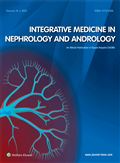
Can Prostate Cancer Patients be Prescribed Chinese Herbal Medicine? A Review of its Potential Modulatory Effects on the Androgen Receptor
2024 Jul 31 Integrative Medicine in Nephrology and Andrology Wu YL, Xian YF, Zhang J, Guo J, Lin ZX
The review suggests that Chinese medicine, especially CHM, shows potential as a complementary therapy for prostate cancer by inhibiting androgen receptor activity, improving patient quality of life, and addressing challenges like castration-resistant disease and drug resistance.
Review Article Prostate Cancer
Efficacy and safety of Chinese patent medicine in the adjuvant treatment of prostate cancer: A Bayesian network meta-analysis
2024 Mar 22 Medicine Wang S, Zhang F, Liu J, Qin P
Network Pharmacology Meta-Analysis Prostate CancerBruceolic oil emulsion, when combined with androgen antagonists, shows the greatest efficacy in treating prostate cancer amongst Chinese patent medicines.
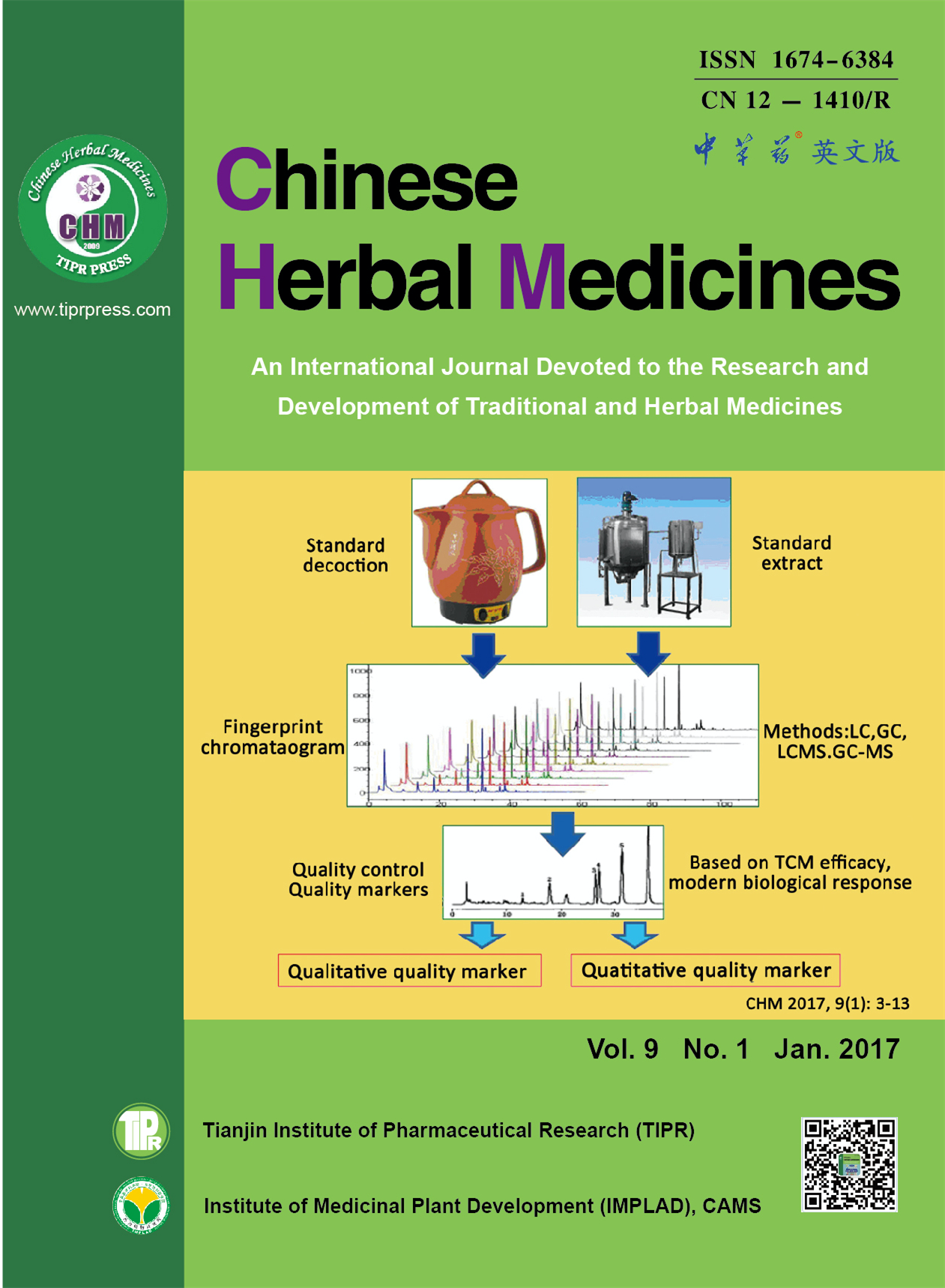
Chinese herbal medicines for prostate cancer therapy: From experimental research to clinical practice
2023 Oct Chinese Herbal Medicines Kong F, Wang C, Zhang J, Wang X, Sun B, Xiao X, et al.
Review Article Experimental Study Chinese Herbal Medicine Prostate CancerChinese herbal medicines (CHMs) possess multiple advantages, including multiple targets, pathways, and low toxicity, for the treatment of prostate cancer.
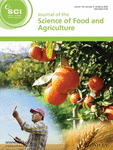
Carrot and carotene and multiple health outcomes: an umbrella review of the evidence
2023 Jan 17 Journal of the Science of Food and Agriculture Yi X, Li J, Liao D, Peng G, Zheng X, Xu H, et al.
Review Article Cataracts Carotene Lung Cancer Carrot Anticancer Stomach Cancer Breast Cancer Alzheimer's Disease Urothelial Cancer SunburnCarrot and carotene consumption could diminish the risk of a wide range of negative health consequences, including multiple types of cancer.
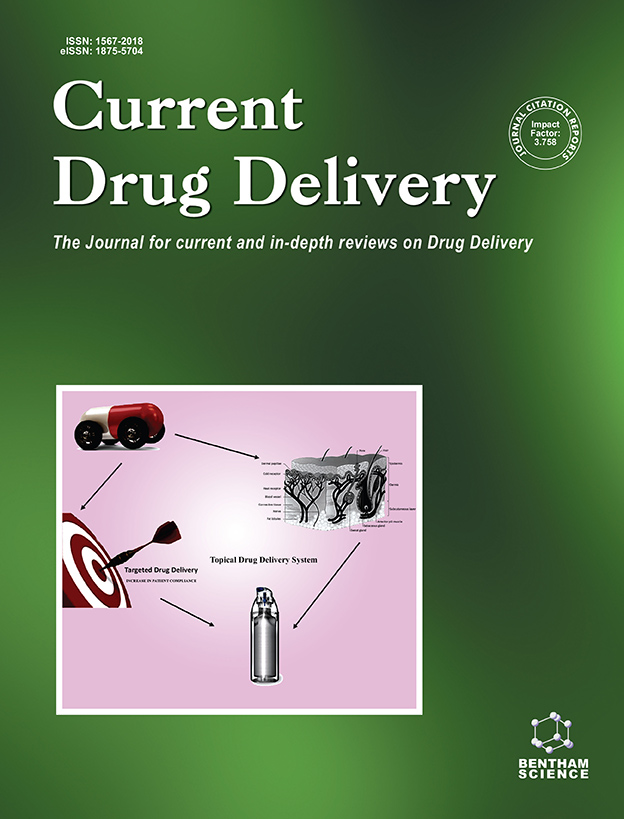
Pomegranate, its Components, and Modern Deliverable Formulations as Potential Botanicals in the Prevention and Treatment of Various Cancers
2021 Dec Current Drug Delivery Hussein L, Gouda M, Buttar HS
Review Article Colorectal Cancer Prostate Cancer Anticancer PomegranatePomegranate juice and its bioactive components may serve as cost-effective, next-generation non-pharmacologic anticancer therapies, particularly against colorectal and prostate cancer.
Research insights are moderated by the Research Hub team and offer an at-a-glance overview of interesting research findings.

2024 Medicine
Bruceolic oil emulsion, when combined with androgen antagonists, shows the greatest efficacy in treating prostate cancer amongst Chinese patent medicines.
Network Pharmacology
Efficacy and safety of Chinese patent medicine in the adjuvant treatment of prostate cancer: A Bayesian network meta-analysis
Wang S, Zhang F, Liu J, Qin P

2023 Chinese Herbal Medicines
Chinese herbal medicines (CHMs) possess multiple advantages, including multiple targets, pathways, and low toxicity, for the treatment of prostate cancer.
Review Article Chinese Herbal Medicine
Chinese herbal medicines for prostate cancer therapy: From experimental research to clinical practice
Kong F, Wang C, Zhang J, Wang X, Sun B, Xiao X, et al.

2023 Journal of the Science of Food and Agriculture
Carrot and carotene consumption could diminish the risk of a wide range of negative health consequences, including multiple types of cancer.
Review Article Alzheimer's Disease Anticancer Breast Cancer Carotene Carrot
Carrot and carotene and multiple health outcomes: an umbrella review of the evidence
Yi X, Li J, Liao D, Peng G, Zheng X, Xu H, et al.

2021 Current Drug Delivery
Pomegranate juice and its bioactive components may serve as cost-effective, next-generation non-pharmacologic anticancer therapies, particularly against colorectal and prostate cancer.
Review Article Anticancer Colorectal Cancer Pomegranate
Pomegranate, its Components, and Modern Deliverable Formulations as Potential Botanicals in the Prevention and Treatment of Various Cancers
Hussein L, Gouda M, Buttar HS
2021 Molecular & Cellular Toxicology
Cocoa bean husk, a by-product of cocoa processing, exhibits potent antioxidant and anticancer effects on prostate cancer cells due to its high phenolic compound content.
Experimental Study Cocoa
Antioxidant and apoptotic activity of cocoa bean husk extract on prostate cancer cells
Choi J, Yang C, Lim W, Song G, Choi H
Review Articles
Review articles summarise and critically evaluate the current state of research on a specific topic or field by synthesising multiple primary research studies.

Can Prostate Cancer Patients be Prescribed Chinese Herbal Medicine? A Review of its Potential Modulatory Effects on the Androgen Receptor
2024 Jul 31 Integrative Medicine in Nephrology and Andrology Wu YL, Xian YF, Zhang J, Guo J, Lin ZX
The review suggests that Chinese medicine, especially CHM, shows potential as a complementary therapy for prostate cancer by inhibiting androgen receptor activity, improving patient quality of life, and addressing challenges like castration-resistant disease and drug resistance.
Review Article Prostate Cancer
Chinese herbal medicines for prostate cancer therapy: From experimental research to clinical practice
2023 Oct Chinese Herbal Medicines Kong F, Wang C, Zhang J, Wang X, Sun B, Xiao X, et al.
Review Article Experimental Study Chinese Herbal Medicine Prostate CancerChinese herbal medicines (CHMs) possess multiple advantages, including multiple targets, pathways, and low toxicity, for the treatment of prostate cancer.

Carrot and carotene and multiple health outcomes: an umbrella review of the evidence
2023 Jan 17 Journal of the Science of Food and Agriculture Yi X, Li J, Liao D, Peng G, Zheng X, Xu H, et al.
Review Article Cataracts Carotene Lung Cancer Carrot Anticancer Stomach Cancer Breast Cancer Alzheimer's Disease Urothelial Cancer SunburnCarrot and carotene consumption could diminish the risk of a wide range of negative health consequences, including multiple types of cancer.

Pomegranate, its Components, and Modern Deliverable Formulations as Potential Botanicals in the Prevention and Treatment of Various Cancers
2021 Dec Current Drug Delivery Hussein L, Gouda M, Buttar HS
Review Article Colorectal Cancer Prostate Cancer Anticancer PomegranatePomegranate juice and its bioactive components may serve as cost-effective, next-generation non-pharmacologic anticancer therapies, particularly against colorectal and prostate cancer.
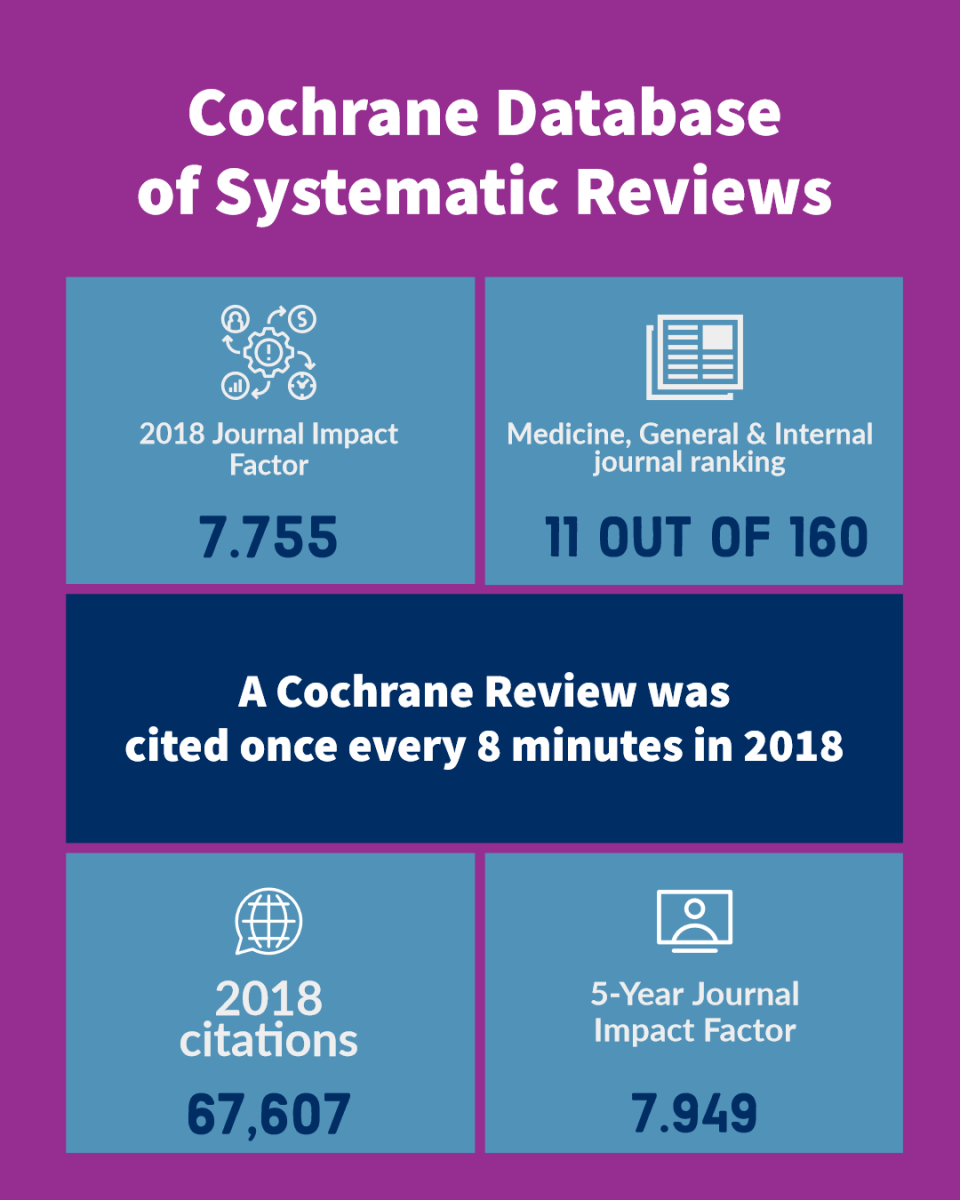
Green tea (Camellia sinensis) for the prevention of cancer
2020 Mar 02 Cochrane Database of Systematic Reviews Filippini T, Malavolti M, Borrelli F, Izzo AA, Fairweather-Tait SJ, Horneber M, et al.
Systematic Review Meta-Analysis Cancer Green TeaGreen tea, containing antioxidative catechins, may possess some beneficial effects in reducing the risk of specific types of cancer.
Clinical Trials
Clinical trials are research studies that involve people and are conducted to evaluate the safety and efficacy of new treatments or interventions, such as drugs, medical devices, or behavioural therapies.

Clinical Effects of Jiawei Danggui Beimu Kushen Pills in the Treatment of Prostate Cancer and Their Influence on the Expression of Serum Prostate Specific Antigen
2021 Nov 22 Evidence-Based Complementary and Alternative Medicine Zhao H, Ren Z, Wang G
Randomised Controlled Trial Clinical Study Jia Wei Dang Gui Bei Mu Ku Shen Pills Prostate CancerJiawei Danggui Beimu Kushen pills were shown to be effective in treating prostate cancer, improving patients' quality of life and potentially regulating serum PSA levels.

A Systematic Review of Randomized Controlled Trials on Oral Chinese Herbal Medicine for Prostate Cancer
2016 Aug 04 PLOS One Cao H, Mu Y, Li X, Wang Y, Chen S, Liu J
Randomised Controlled Trial Systematic Review Chinese Herbal Medicine Prostate CancerThe combination of traditional Chinese medicine and endocrine therapy may be more effective in slowing prostate cancer progression and increasing patients' survival time.
Study Protocols
Published study protocols are detailed plans that outline the objectives, methodology, statistical analyses, and organisation of a research study that have been made publicly available for others to review and use as a reference.
Presentation Slides

Network Pharmacology
Bruceolic oil emulsion, when combined with androgen antagonists, shows the greatest efficacy in treating prostate cancer amongst Chinese patent medicines.
Wang S, Zhang F, Liu J, Qin P

Review Article
Chinese herbal medicines (CHMs) possess multiple advantages, including multiple targets, pathways, and low toxicity, for the treatment of prostate cancer.
Kong F, Wang C, Zhang J, Wang X, Sun B, Xiao X, Zhang H, Song Y, Jia Y

Review Article
Carrot and carotene consumption could diminish the risk of a wide range of negative health consequences, including multiple types of cancer.
Yi X, Li J, Liao D, Peng G, Zheng X, Xu H, Zhang T, Ai J

Review Article
Pomegranate juice and its bioactive components may serve as cost-effective, next-generation non-pharmacologic anticancer therapies, particularly against colorectal and prostate cancer.
Hussein L, Gouda M, Buttar HS

Experimental Study
Cocoa bean husk, a by-product of cocoa processing, exhibits potent antioxidant and anticancer effects on prostate cancer cells due to its high phenolic compound content.
Choi J, Yang C, Lim W, Song G, Choi H

Randomised Controlled Trial
Jiawei Danggui Beimu Kushen pills were shown to be effective in treating prostate cancer, improving patients' quality of life and potentially regulating serum PSA levels.
Zhao H, Ren Z, Wang G
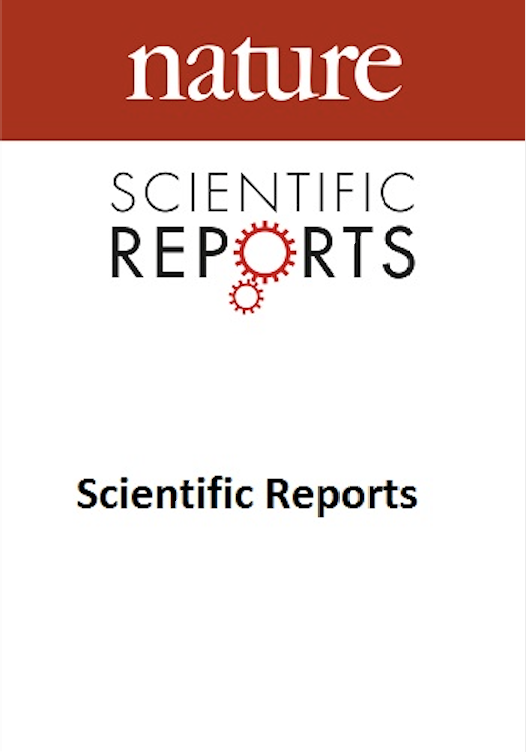
Network Pharmacology
The traditional formula Danggui Beimu Kushen Wan (DBKW) contains multi-targeting agents that simultaneously act on more than one pathway in prostate cancer.
Li H, Hung A, Yang AWH
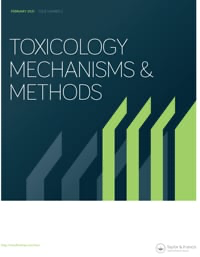
Mandarin peel oil induced preferential inhibition of human prostate cancer cell proliferation in a concentration-dependent manner.
Hussien NA, Mohamed HRH.

Systematic Review
Green tea, containing antioxidative catechins, may possess some beneficial effects in reducing the risk of specific types of cancer.
Filippini T, Malavolti M, Borrelli F, Izzo AA, Fairweather-Tait SJ, Horneber M, Vinceti M
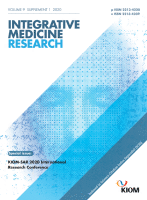
Systematic Review
Danggui Beimu Kushen Wan (DBKW), originally used for difficult urination in pregnant women, has found use in male prostate disorders.
Li H, Hung A, Yang AWH

Systematic Review
Black pepper, beyond its culinary use, offers medicinal benefits like antimicrobial, antioxidant, anticancer, anti-diabetic, and anti-inflammatory properties mainly attributed to the compound piperine.
Takooree H, Aumeeruddy MZ, Rengasamy KRR, Venugopala KN, Jeewon R, Zengin G, Mahomoodally MF

Theoretical Article
Traditional Chinese medicines have shown promising benefits for prostate cancer treatment due to unique formulas, extracts, and compounds that exhibit anti-cancer effects.
Wang X, Fang G, Pang Y

Randomised Controlled Trial
The combination of traditional Chinese medicine and endocrine therapy may be more effective in slowing prostate cancer progression and increasing patients' survival time.
Cao H, Mu Y, Li X, Wang Y, Chen S, Liu J
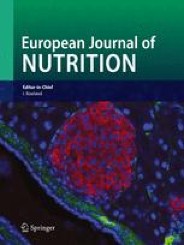
Systematic Review
Regular carrot consumption could potentially reduce the risk of prostate cancer.
Xu X, Cheng Y, Li S, Zhu Y, Xu X, Zheng X, Mao Q, Xie L
Executive Summary
Write an executive summary in the form of a blog article on the topic of "Research into Chinese medicine treatment for Prostate Cancer" summarising the research below and using language that can be easily understood by patients and avoiding medical jargon using a professional and caring tone of voice.
Write an executive summary in the form of a blog article on the topic of "Researched Chinese medicine treatments for Prostate Cancer" summarising the research below in an objective and easy to understand way, and using language that can be easily understood by patients. Group the article into Chinese medicine treatments first, followed by nutrition and other treatments. Avoid using medical jargon and use a professional and caring tone of voice.
Write me a concise but easy to understand executive summary on the topic of "Chinese medicine treatments for Prostate Cancer" based on the following research that I will give you. Your summary should be 2 paragraphs long in Australian English spelling and include references to the studies.
A Network Pharmacology published in 2024 in the journal Medicine found that Bruceolic oil emulsion, when combined with androgen antagonists, shows the greatest efficacy in treating prostate cancer amongst Chinese patent medicines. A Network Meta-analysis was conducted to review the safety and effectiveness of different Chinese patent medicines in treating prostate cancer. Various databases were systematically searched for randomized controlled trials of Chinese patent medicines until June 1, 2023. The risk of bias in the included studies was assessed using a tool specifically for randomized controlled trials. Main outcome indicators were how effective the medicine was, its impact on Prostate Specific Antigen, and any adverse reaction. Due to varying treatment durations across the studies, Bayesian mesh meta-regression was implemented to investigate the effects of these different courses on efficacy and safety. The meta-analysis considered 27 articles involving 1885 patients and nine types of Chinese patent medicine. The findings indicated that certain medicines, namely Bruceolic oil emulsion and Compound Kushen injection, showed significant advantages compared to androgen antagonists regarding efficacy and Prostate Specific Antigen level reduction. However, no significant difference was found among all the Chinese patent medicines in terms of adverse reactions. With these findings, it was deduced that the effectiveness of Chinese patent medicines isn't greatly impacted by the duration of treatment and dosage. Overall, the combination of Bruceolic oil emulsion and androgen antagonist emerged as a promising intervention measure.
A Review Article published in 2023 in the journal Chinese Herbal Medicines found that Chinese herbal medicines (CHMs) possess multiple advantages, including multiple targets, pathways, and low toxicity, for the treatment of prostate cancer. The research team undertook an in-depth review of experimental research and clinical practices related to the use of CHMs for prostate cancer treatment, with the data being sourced from PubMed, Embase, and Web of Science. The focus of the review was on recent studies published within the last five years. The research identified five CHM formulas and six single CHM extracts, along with 12 CHM-derived compounds. The research findings demonstrated that CHMs induced apoptosis, autophagy, and cell cycle arrest in prostate cancer cells, and concurrently suppressed angiogenesis, proliferation, and cell migration. The CHMs also displayed efficacy in overturning drug resistance and in enhancing anti-tumor immunity. The modes of action were identified as the phosphatidylinositol 3-kinase/protein kinase-B/mammalian target of rapamycin, androgen receptor, epidermal growth factor receptor, and Wnt/beta-catenin signaling pathways which are known to play key roles in the development of prostate cancer. Additionally, the researchers discussed the benefits of CHMs in treating hormone-sensitive and castration-resistant prostate cancer.
A Review Article published in 2023 in the journal Journal of the Science of Food and Agriculture found that Carrot and carotene consumption could diminish the risk of a wide range of negative health consequences, including multiple types of cancer. An umbrella review methodology was adopted to identify connections between carrot and carotene intake and various health outcomes. We turned to databases such as Web of Science, PubMed, and Embase to find the needed data. The analysis included the collected evidence from both interventional and observational studies that focused on carrots, carotene, and any related health impact. To estimate the summary effect size for each correlation, both random and fixed effects models were employed. The study reviewed a total of 1329 studies and utilized the data from 30 meta-analyses with 26 health outcomes that fit the eligibility requirements. These featured outcomes related to various types of cancer, fractures, age-related cataract, sunburn, and Alzheimer's disease. The associations were analyzed between the health outcomes and the intake of carrots, intake of carotene, and serum carotene levels.
A Review Article published in 2021 in the journal Current Drug Delivery found that Pomegranate juice and its bioactive components may serve as cost-effective, next-generation non-pharmacologic anticancer therapies, particularly against colorectal and prostate cancer. Methodology: The present review was undertaken to provide current information on the impact of pomegranate juice and its bioactive elements, critically focusing on the effects on the most common six types of cancer. The inherent polyphenolic compounds of pomegranate, such as ellagitannins and punicalagin, are known to have substantial antioxidant capability which has been evaluated through in vitro and in vivo studies. These compounds' ability to avert free radicals and design metal-chelates in biological tissues have offered a useful basis to extrapolate their impact on various types of cancers. Discussion of Results: The findings indicate that the antioxidant and anti-inflammatory properties of pomegranate possess significant antimutagenic and antiproliferative activities, which proved to be beneficial in modifying gene expression, moderating cellular mechanisms, and limiting the metastasis of cancerous cells. In addition to this, there are reports from a few clinical trials showing the potential of pomegranate ingredients to prevent and treat cancer, notably colorectal and prostate cancer. It’s been noticed that the pomegranate driven therapies may prove to be a cost-effective alternative to costly chemotherapies which often carry drug resistances and severe side effects. Such therapies could offer lesser side effects, making them potential candidates for future non-pharmacologic anticancer treatments.
A Experimental Study published in 2021 in the journal Molecular & Cellular Toxicology found that Cocoa bean husk, a by-product of cocoa processing, exhibits potent antioxidant and anticancer effects on prostate cancer cells due to its high phenolic compound content. The methodology of the study involved fractionating ethanol crude extract of cocoa bean husk (CBH) and comparing the total polyphenol and flavonoid content, as well as radical scavenging activities, of the various fractions. The phenolic compounds present in the ethanol ethyl acetate (EAF) and butanol (BF) fractions were further analysed using High-Performance Liquid Chromatography (HPLC). These fractions were then applied to prostate cancer cell lines PC3 and DU145 to ascertain their impact. The results indicated that the ethyl acetate fraction exhibited the highest phytochemical content and antioxidant activity, closely followed by the butanol fraction. The presence of abundant phenolic compounds, namely catechin, epicatechin, and procyanidin B, was observed in both fractions. Moreover, both fractions induced apoptosis and DNA fragmentation in the prostate cancer cells in a concentration-dependant manner, demonstrating their potential anticancer effects.
A Randomised Controlled Trial published in 2021 in the journal Evidence-Based Complementary and Alternative Medicine found that Jiawei Danggui Beimu Kushen pills were shown to be effective in treating prostate cancer, improving patients' quality of life and potentially regulating serum PSA levels. In this study, 234 patients suffering from prostate cancer were randomly assigned into two groups: an observation group and a control group, with 117 patients in each. The control group were administered oral bicalutamide tablets, while the observation group received Jiawei Danggui Beimu Kushen pills in addition to the control group's treatment. Numerous factors such as the treatment effectiveness, scores related to symptoms, immune function and quality of life were compared before and after the treatment. The levels of serum PSA and f-PSA in the patients were also monitored and compared at different intervals during the treatment. After the treatment, the observation group showed a higher effective rate than the control group. The scores related to symptoms were reduced in both groups post treatment, but more so in the observation group. The quality-of-life scores increased in both groups but were particularly higher in the observation group. The levels of serum PSA and f-PSA were noted to decrease as the treatment time increased and were significantly lower in the observation group after 180 days of treatment. The observation group also showed a higher five-year cumulative survival rate. There was no significant difference in the occurrence of dizziness, fatigue, and gastrointestinal reactions; however, rates of dysuria and hematuria were found to be significantly less in the observation group. The pills were effective in reducing IPSS score and TCM syndrome scores, alleviating pain, and enhancing the quality of life.
A Network Pharmacology published in 2021 in the journal Scientific Reports found that The traditional formula Danggui Beimu Kushen Wan (DBKW) contains multi-targeting agents that simultaneously act on more than one pathway in prostate cancer. The study investigated the mechanisms of Danggui Beimu Kushen Wan (DBKW) in relation to prostate cancer. DBKW compounds were identified from previous reviews, potential targets for prostate cancer were determined from a literature search, approved drugs and the Open Targets database. Targets were chosen based on their relationship with protein-protein interaction network analysis for a total of 26 targets connected to three cancer-related pathways. Molecular docking using PyRx and AutoDock Vina was used to screen a total of 621 compounds against 21 targets for prostate cancer, generating multiple docking results. The results of the research show that a small number of highly-binding compounds from DBKW could strongly and selectively interact with three identified targets. The top five high-binding-affinity compounds were selected to generate a network. The analysis revealed that compounds from all three herbs within DBKW demonstrated high binding affinity against the 21 targets and may exhibit potential biological activities with these targets, thereby acting upon several pathways of prostate cancer simultaneously.
A published in 2020 in the journal Toxicology Mechanisms and Methods found that Mandarin peel oil induced preferential inhibition of human prostate cancer cell proliferation in a concentration-dependent manner. The time-dependent induction of DNA breaks demonstrated in PC3 cells treated with MPO safe concentration-stimulated ROS generation and apoptotic DNA damage through increased expression of tumor suppressor p53 and Bax genes and decreased expression of Bcl2 and MDM2 genes. In contrast, non-significant changes were observed in the DNA integrity, ROS levels and expressions of the tested genes in the normal HFB4 cells treated with MPO. Thus, we concluded that MPO induced preferential cytotoxic and genotoxic effects toward cancerous PC3 with no noticeable toxic effects in normal HFB4 cells and therefore further in vivo studies are recommended to test its possible use as anticancer drugs.
A Systematic Review published in 2020 in the journal Cochrane Database of Systematic Reviews found that Green tea, containing antioxidative catechins, may possess some beneficial effects in reducing the risk of specific types of cancer. The study team performed an extensive review of 142 completed and 2 ongoing studies up to January 2019. These studies encompassed all types of epidemiological studies: experimental (randomised controlled trials) and nonexperimental (observational studies with both cohort and case-control design) that looked into the association of green tea consumption with cancer risk or quality of life, or both. Data extraction and methodological quality assessment of these studies were performed independently by two or more review authors. These efforts were organized and the results summarized according to the type of cancer diagnosis. The data was sourced from CENTRAL, MEDLINE, Embase, ClinicalTrials.gov, and referenced lists of earlier reviews and included studies. The studies focused on investigating the links between cancer incidence and mortality rates, safety data, quality of life, and green tea consumption. Numerous studies came with a high degree of methodological quality, based on 'Risk of bias' assessment. The placebos in 11 studies involving a total of 1795 participants were green tea extracts. On another note, the studies indicated some side effects linked to high intakes of green tea with more than a million participants undertaking the non-experimental studies. Despite inconclusive evidence, experimental and nonexperimental epidemiological studies suggested potential beneficial effects of green tea consumption on the overall risk of cancer or on certain types of cancer. Variations of the beneficial effects of green tea were observable across different cancer types, indicating a decrease in rate ratios (RR) in the highest category of green tea consumption versus the lowest. A detailed analysis based on study design exhibited conflicting results for some types of cancers, showing an increased RR in cohort studies and a decreased or no difference in RR in case-control studies. However, the overall interpretability of these RR estimates was limited by methodological issues, such as low study numbers and inconsistencies with cohort study results. Lastly, it's important to note that the majority of included studies were conducted within populations with a high intake of green tea, mainly Asian, thus limiting the general applicability of the findings to other populations.
A Systematic Review published in 2019 in the journal Integrative Medicine Research found that Danggui Beimu Kushen Wan (DBKW), originally used for difficult urination in pregnant women, has found use in male prostate disorders. The researchers traced the usages and implications of DBKW through a comprehensive search of the Encyclopedia of Traditional Chinese Medicine, where they gathered details about its ingredients, dosages, ailments it treated, processes causing those diseases, its actions, and indications. They studied these facts, as documented in ancient scripts, to provide a descriptive analysis of its characteristics. The ancient scripts revealed that the consistent formula of DBKW across the identified texts includes three key ingredients: Angelicae Sinensis Radix, Fritillariae Thunbergii Bulbus, and Sophorae Flavescentis Radix. These three ingredients are always mixed in the ratio of 1:1:1 and prescribed in dosages ranging from three to ten pills for each treatment. Primarily, the indication was easing urination problems due to heat stagnation. The comprehensive examination of the textual sources led the researchers to identify the formula's broader applications. Apart from its primary use for pregnant women with urination difficulties, it illustrated that DBKW can also benefit men suffering from similar urination problems.
A Systematic Review published in 2019 in the journal Critical Reviews in Food Science and Nutrition found that Black pepper, beyond its culinary use, offers medicinal benefits like antimicrobial, antioxidant, anticancer, anti-diabetic, and anti-inflammatory properties mainly attributed to the compound piperine. The study was a systematic review of existing scientific data on the traditional uses, composition, and pharmacological attributes of black pepper. Information was gathered from recognized databases such as Science Direct and Google Scholar, as well as books and other online resources. The study primarily focused on literature in English and evaluated traditional medicinal uses of black pepper in various regions, the common ailments it was used to address, and the preferred modes of preparation. The results of the study affirm the significant medicinal qualities of black pepper. Its antimicrobial activity was demonstrated against various pathogens, and it showed strong antioxidant effects against several reactive oxygen and nitrogen species. The research also highlighted the anticancer effects of black pepper on cell lines from various sites including breast, colon, cervix, and prostate. Furthermore, the benefits of black pepper in managing diabetes and lipid levels in the body were also confirmed. It was also noted for its anti-inflammatory, analgesic, anticonvulsant, and neuroprotective effects. Piperine was identified as the major bioactive compound in black pepper which is responsible for these beneficial effects along with other compounds such as piperic acid, piperlonguminine, and more.
A Theoretical Article published in 2018 in the journal Nutrients found that Traditional Chinese medicines have shown promising benefits for prostate cancer treatment due to unique formulas, extracts, and compounds that exhibit anti-cancer effects. In their study, the researchers analyzed numerous reports detailing the use of Chinese medicines in treating prostate cancer, specifically focusing on diverse traditional formulas, medicinal extracts and isolated compounds. Clinical trials of these diverse therapies were scrutinized to gain insights into their effects and potential advantages in the fight against prostate cancer. In discussing the results, it was evident that several Traditional Chinese Medicine (TCM) treatments exhibited distinct advantages in combating prostate cancer, offering protective effects. Compounds from these traditional medicines demonstrated significant anti-prostate cancer effects. However, the researchers noted difficulties in ascertaining the applications of Chinese medicines due to their multicomponent nature, complex action mechanisms, and high therapeutic doses. The researchers concluded by challenging the perspective of current research, questioning emphasis between formulas, extracts, and compounds in the context of clinical prostate cancer treatment.
A Randomised Controlled Trial published in 2016 in the journal PLOS One found that The combination of traditional Chinese medicine and endocrine therapy may be more effective in slowing prostate cancer progression and increasing patients' survival time. The team of researchers carried out a comprehensive literature search across various databases until August 2015 to identify randomized controlled trials (RCTs) on the use of traditional Chinese medicine (CHM), or its combination with conventional medicine, in treating prostate cancer. Only reports on CHM versus no treatment or on CHM as an adjunctive treatment were considered. The main outcomes evaluated were patients' survival times, time to disease progression, and quality of life, using the Cochrane Handbook's risk of bias assessment to evaluate the quality of the methodologies used in the trials. From the total of 17 RCTs involving 1,224 participants, a single trial compared CHM to no treatment, whereas the other 16 assessed CHMs as an additional treatment to endocrine therapy. However, due to the poor quality of most of the methodologies used in the trials, only limited evidence was available. This evidence suggested that the combination of CHM and endocrine therapy might be more successful in slowing the progression of the disease and improving patients' performance statuses when compared to endocrine therapy alone. Importantly, no severe adverse events related to CHM were reported.
A Systematic Review published in 2014 in the journal European Journal of Nutrition found that Regular carrot consumption could potentially reduce the risk of prostate cancer. The study methodology entailed conducting an extensive literature search of papers published in August 2013 via various academic databases as well as scanning references from retrieved articles. Key focus was given toward summary risk estimates for individuals with the highest versus the lowest intake of carrots. A vital component of the study was the conducting of a dose-response meta-analysis for those studies that reported categorical risk estimates for a range of exposure levels. The study's findings suggest a statistically considerable lower risk of prostate cancer in connection with carrot consumption, being deemed significant even after testing for publication bias. Furthermore, a dose-response meta-analysis proposed that a weekly serving, or an incremental daily intake of 10 grams of carrots, contributed to the decreased risk estimate of prostate cancer. The application of Begg's funnel plot and Egger's test indicated that the publication bias was not statistically significant.
Moderation Tools
Topic
Sign In
Users not signed in are limited to viewing the 5 most recent items of content.